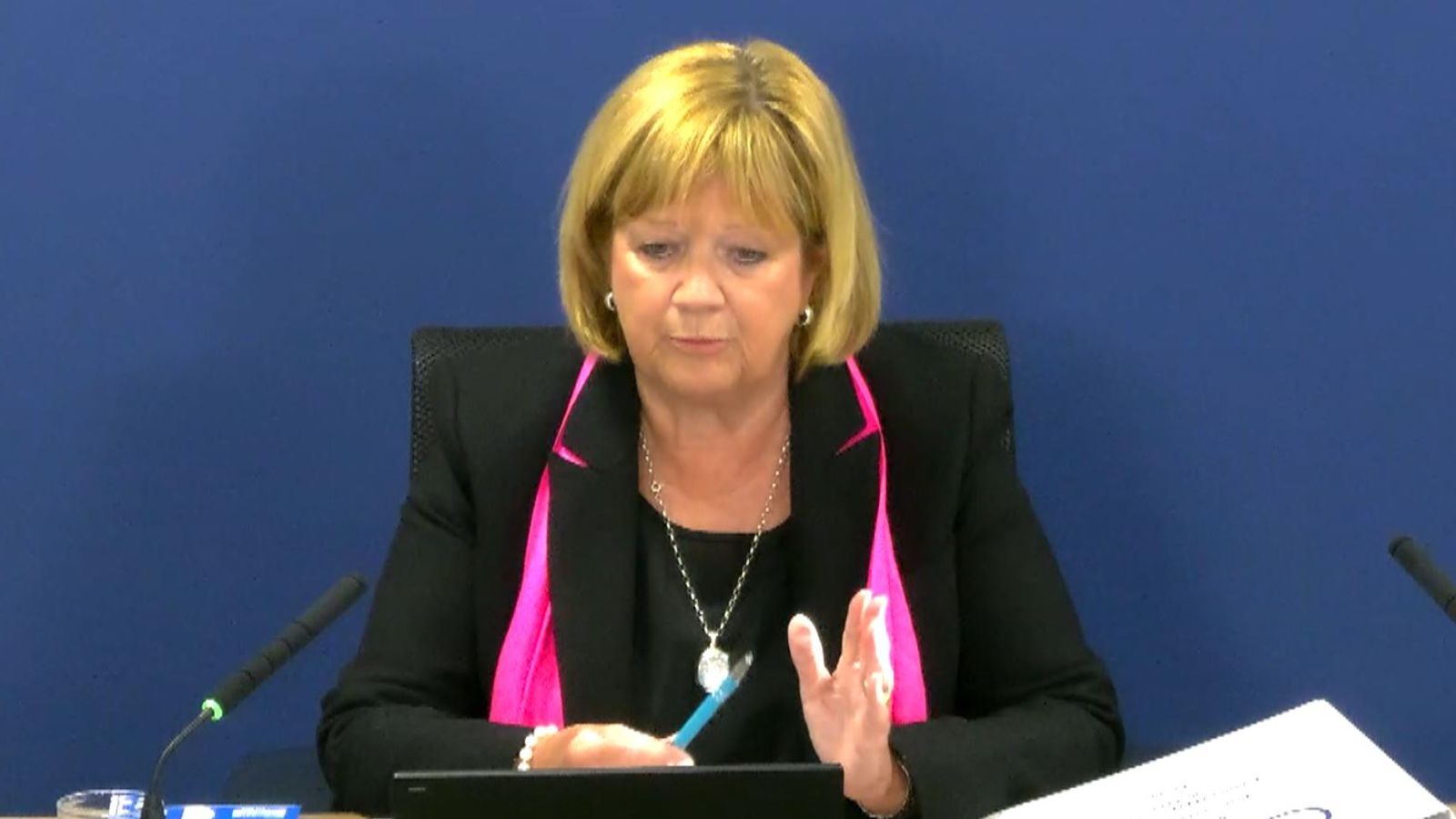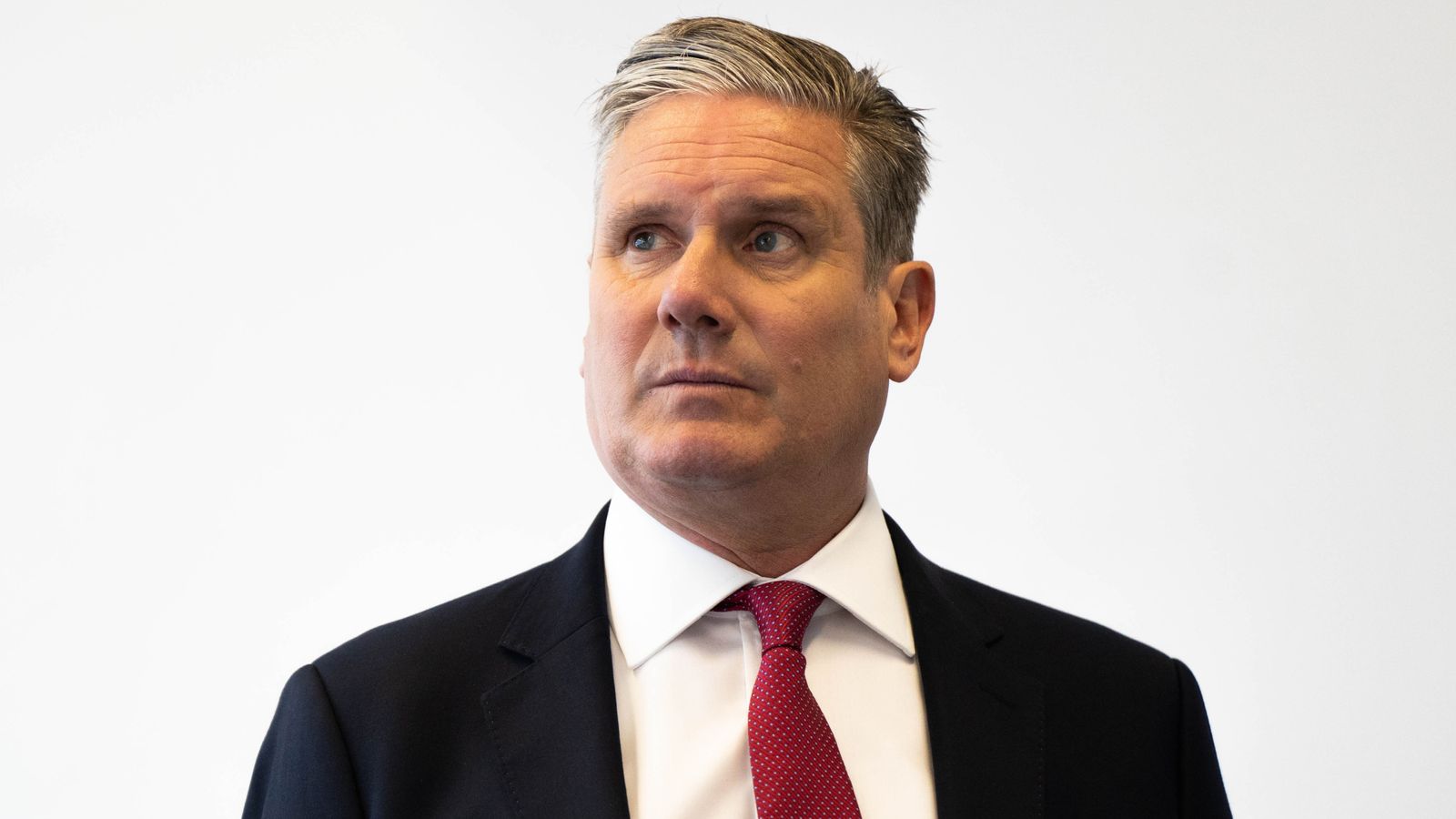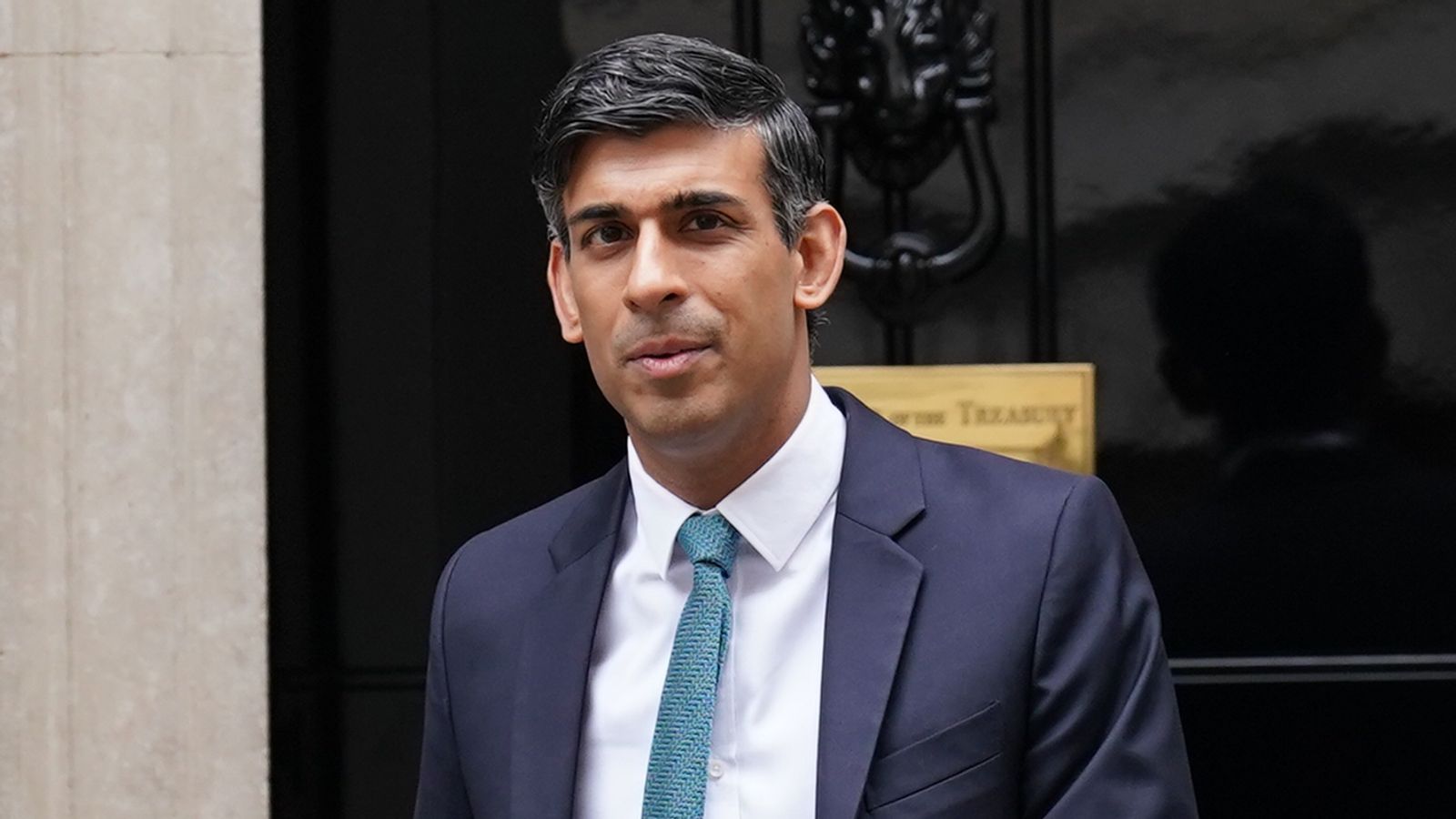Defence Secretary Ben Wallace address at 20th IISS Shangri-La Dialogue, Singapore
Good morning and thank you to IISS for hosting. It’s a privilege to be here in Singapore. An island nation and trading powerhouse with which the UK has much in common, not to mention a shared history. And I’m delighted to share this panel with my colleagues from Canada and the Philippines, just two of the nations we’re working closely with to keep strengthening the international order that benefits everyone.
Lots has happened since the last UK Defence Secretary spoke here and the world already looks different in so many ways. We’ve fought off the pandemic. We did that by collaboration, not by isolation. The UK has had three Prime Ministers and we’ve lost our great Queen. Her similarly great namesake, the Queen Elizabeth aircraft carrier group, made her maiden visit to the Indo-Pacific in 2021. In that same year, the United Kingdom published the Integrated Review, signalling our increased commitment to this region.
That review has been updated this year and we’re pressing ahead with our ‘tilt’ to the Indo-Pacific, not least becoming ASEAN’s first new Dialogue Partner this century. Of course, events in Europe are focusing us closer to home at the moment.
Russia’s illegal war in Ukraine is forcing a rethink of the Euro-Atlantic security architecture. And it has spurred yet more countries to seek the collective security of NATO membership, precisely what President Putin claimed he was acting to prevent.
But as busy as things are at home, developments continue apace. Indo-Pacific economic performance makes this the world’s undisputed growth engine – 40 per cent of global GDP, 60 per cent of global shipping, home to half the world’s population, and some of the fastest growing and most innovative economies.
But far from seeking to secure blocks of interests, we believe this region offers enormous economic opportunity for all. It’s why European companies and countries are looking east, and why the United Kingdom Government considers our interests to lie as much here as they do in Europe. Indeed, in 2022 our total exports to the Indo-Pacific amounted to £127 billion – a remarkable increase of 22 per cent on the previous year.
Yet just as we seek to benefit from the opportunities here, so must we also share responsibility for the challenges. And in both regards, none are bigger than the “epoch defining” rise of China – as it was described in our Integrated Review Refresh.
We are all now navigating the consequences of China’s rise – both those opportunities and those challenges. Lifting vast numbers out of poverty. Trading with the world. And the undeniable truth, that none of our most fundamental global issues can be solved without engagement with China.
Be they climate change, energy and food security, economic stagnation, tech regulation, nuclear proliferation. But we must also speak plainly and acknowledge that there are also challenges from that ‘rise’. Illegal fishing, tensions in territorial waters, sovereignty disputes, and debt diplomacy.
This session, Mr Chairman, asks ‘how can we create balance and stability in the Indo-Pacific?’ Many do consider that question purely through the lens of China and the balancing of some ‘great power competition’. But we don’t agree it has to be. We can do this in three ways… this might surprise you, coming from a Defence Secretary, but those ways are not primarily military.
First and foremost, by upholding international rules and promoting common standards. Why rules? Because the ‘balance and stability’ we are talking about today is ultimately based on adherence to shared rules.
The Ukraine invasion is a tragic reminder of the terrible costs when leaders disregard human life, national sovereignty, and the rules-based international system. Sergey Lavrov, the Russian Foreign Minister, is constantly claiming that the system is simply made up by the US as they go along.
Of course, this is a fabrication. He’s talking about the very system – including the United Nations Charter – that we conceived, including Russia, together after the Second World War and for which we fought together, in the hope of saving future generations from the scourge of war.
Of course, Russia doesn’t want ordinary countries to now benefit from those protections or the freedom to choose because they might not choose Russia. Putin’s invasion of Ukraine – trampling sovereignty and brutalising innocent civilians – is a result of its utter disregard for rules and the belief that ‘might is right’.
Well, they are wrong and that’s being proven by the international community’s determination to enforce those rules. Because rules are agnostic of nations’ military or economic power. They are common to all our needs. Their adherence prevents competition escalating into conflict, and disputes are resolved without fear or favour.
What unites us is that rules apply to us all, regardless of actor or geography. We are all equal in the eyes of the law. It provides a level playing field. It ensures fair play. Which is one of the reasons, I believe, why Singapore has been so successful in recent decades. Because of the respect here for the regulatory environment, anti-corruption, dispute resolution and fair play. If it can work for Singapore, why can’t it work elsewhere?
Whether you are the smallest country seeking to protect your fishing rights, or the largest seeking a greater share of global trade, the rules-based system is there to protect and enable us all. Yes all, including China. It is why the UK strongly believes so strongly in protecting the rights of littoral states in their Exclusive Economic Zones, as well as in the importance of upholding the United Nations Convention on the Law of the Sea.
We reject any claims that do not adhere to its tenets. Attempts to restrict the global commons are fundamentally damaging to us all and our trade. If international treaties bearing the signature of 157 parties are junked on a whim, this represents an attack not just on one treaty, but on the entire international system.
So, the United Kingdom will continue to demonstrate that all parties stick as close as possible to UNCLOS. Because responsible powers have a duty to protect international rules. And neither can they take a back seat in evolving those rules as well. We want a system of 21st century laws designed by all, for all.
The second way we maintain balance and stability is by backing free trade.
The UK has always believed in free commerce and capital flows. The more we open up competition, the more we reduce overdependence and build resilience. And neither can we afford to ‘decouple’, commercially or diplomatically.
We believe the best resilience comes from diversification, not from protectionism. That’s why the UK is working to diversify our supply chains. It’s why we have done deals with Japan, Australia and, of course, Canada, and why we are now enthusiastic new members of the Comprehensive and Progressive Agreement for Trans-Pacific Partnership.
You cannot put a price on the ability to sell to 500 million people with a combined GDP of £11 trillion. And we’re building on that momentum having signed free trade agreements with Australia and New Zealand – as well as Singapore, Japan, Vietnam and the Republic of Korea.
Third, and finally, the way we preserve stability is through the promotion of our principles and values.
Coming to Shangri-la and visiting Singapore I feel immediately at home. Despite very different national systems, we share many of the same principles and values. The belief that all nations have the right to chart their own course. Instinctive understanding of the importance of global trade. And above all, a belief in fair play.
You don’t need to have mastered the rules of cricket to know that fair play is ingrained in the British psyche. No matter how big or small you are, how rich or poor, we believe nations should treat each other fairly, with respect. The UN conventions reinforce that and as a P5 nation, we believe we have a responsibility to help uphold those rules around the globe.
And that’s where Defence does come in, because it has an important supporting role to play, not just in hard power projection but soft power promotion. The skills and capability of our Armed Forces are there to help friends when they’re in trouble, from humanitarian assistance and disaster relief, to crisis management and civilian evacuations. And ultimately, in times of conflict.
I know you share that view, many of you here. We’ve seen it in Ukraine. Alongside our troops training Ukrainians in the United Kingdom are Australians, New Zealanders, as well as Canadians. The US-chaired Ukraine Defense Contact Group now includes many countries represented in this room. And we appreciate the very material support that you are sending to Ukraine to help return stability to our continent. And that’s because you recognise, as our PM said recently, that Atlantic and Pacific security is indivisible. Our security is your security.
And that’s why the UK is becoming more proactive and more persistently engaged in the Indo-Pacific. We have been using HMS Spey and Tamar – our two Royal Navy ships, permanently deployed in the region – to deliver humanitarian aid to tsunami-hit Tonga. To help enforce the sanctions regime against DPRK. And to undertake 16 port visits and over 20 regional exercises.
We have expanded our network of Defence Attachés and regional defence staff – including the recently restored Defence Section in Manila, Philippines – to deepen our understanding and influence in over 20 countries. And we’ve been growing our wider Defence presence in the region, whether here in Singapore, our garrison in Brunei, or the recent Reciprocal Access Agreement with Japan.
As a result of all this we’ve been able to increase our tempo, conducting over 60 defence activities in the last two years alone, from exercises and training teams to staff talks and personnel exchanges. And, as I speak, there are 45 officers from the regional partners here today attending professional military education courses back in the United Kingdom. And all that activity helps to build partnerships. Because it is only by deepening friendships, knitting together a tapestry of partners and allies, that we can collectively secure our populations and our interests.
The UK is a proud member of the Five Power Defence Arrangements. The region’s ‘original’ defence arrangement – established when its security landscape looked very different. We celebrated the FPDA’s 50th anniversary in 2021 and, from my discussions while here, I’m convinced it has an even more important role to play in the years ahead. In parallel, we’re now entertaining new partnerships with the recent announcements on AUKUS and GCAP with Japan and Italy. And for the avoidance of doubt, these are not just about countering threats, or the submarines and planes that we’re building.
They’re about the collaborative efforts that underpin them – partnering for technology-transferring, skill-sharing, information exchanges. They are national and generational enterprises. They will allow us to sustain our capabilities over the long term, and they’ll strengthen our supply chain resilience to help us prosper through the 2020s and 2030s. That’s why ASEAN is also so important. And why – in recognition of ‘ASEAN centrality’ – I formally applied in March this year for the UK to join ADMM-Plus.
It’s this ‘partnership principle’ that runs through everything we’re doing in UK Defence, as much as it does in our trade. It’s in our refreshed Integrated Review and will shortly be reinforced in our Defence Command Paper Refresh. And it’s central to every defence engagement, every exchange programme and capability programme, every exercise or operation.
In 2025 our Carrier Strike Group will be returning to the Indo-Pacific. It’s a great symbol of our partnership approach. Showing that, in a more turbulent world the UK will not retreat to its own shores but continue sailing far over the horizon. Using our unique convening power to bring like-minded partners together, wherever they are in this world.
Protecting our freedom to navigate and operate today and shaping our ability to travel and trade, long into the future. So we can focus on what really matters.
Building the best possible future for all our people.



